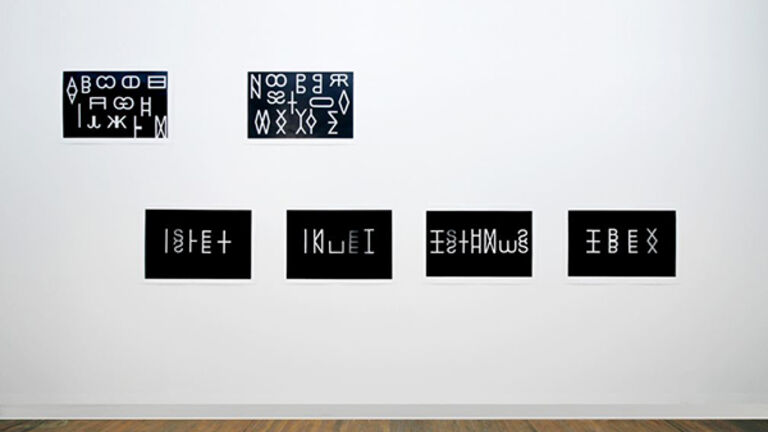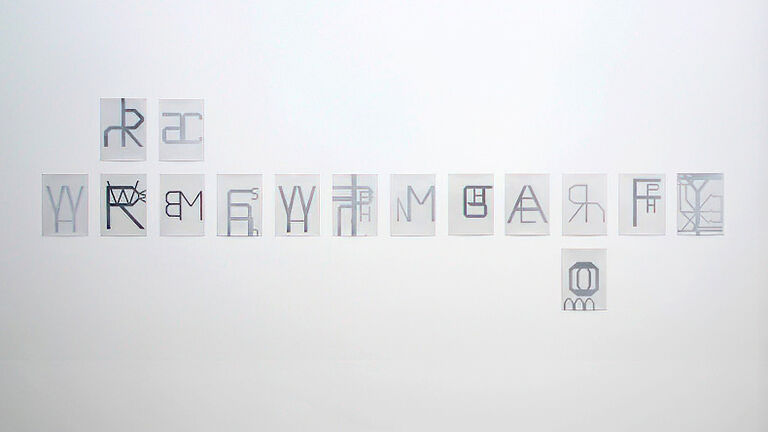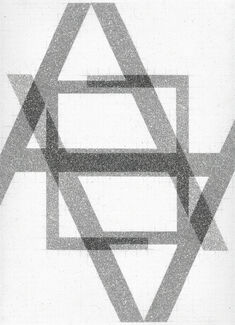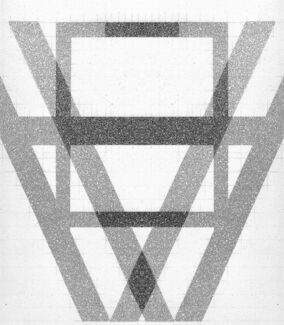
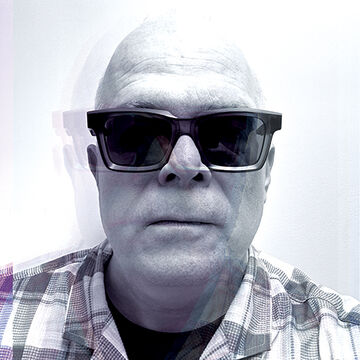
Mark Booth
Associate Professor
Contact
Bio
Mark Booth (he/him) received a BFA from the Rhode Island School of Design and an MFA from the School of the Art Institute of Chicago. He has exhibited, played, and performed his work in a variety of established, peripheral, and obscure venues in the United States, Scandinavia, Australia, and Germany.
Personal Statement
Booth is an interdisciplinary artist and educator. His work in language, image, performance, and sound explores the tensions between observation, description, invention, imagination, and error. His work explores the material qualities of language, as well as the ways that language functions or fails to describe experience. Having learned to navigate the world as a dyslexic, Booth uses his work to investigate and make sense of his own slippery experience with thought, language, error, understanding, and meaning.
Booth teaches creative writing and sound art at the School of the Art Institute of Chicago where his courses focus on the historical and creative aspects of audible poetics, language-based sound art, concrete poetry, visual poetry, text art, creative process, and the voice.
